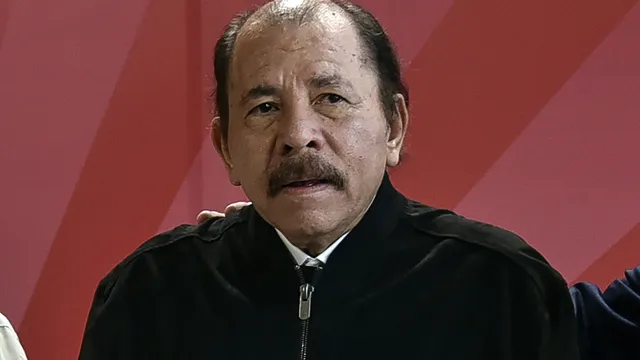
Nicaragua Shuts Down Trade Groups
2024-08-23 02:09- Nicaragua's government has closed 151 nongovernmental organizations, including trade groups like the American Chamber of Commerce.
- The closures have affected some of the most important trade organizations in the country.
- The move is seen as a crackdown on civil society and business associations in Nicaragua.
Express your sentiment!
Insights
MEXICO CITY — In a significant escalation of its crackdown on civil society, Nicaragua's government announced the closure of 151 nongovernmental organizations (NGOs) on Thursday, including the American Chamber of Commerce (AMCHAM), which had operated in the country for 47 years. This move follows the recent shuttering of approximately 1,500 NGOs, predominantly religious groups, as part of President Daniel Ortega's ongoing campaign against organizations he accuses of attempting to undermine his administration. The Interior Ministry's decision also affected the umbrella organization for European chambers of commerce in Nicaragua, alongside other notable groups such as the National Union of Farmers and Ranchers. The closures come amid a backdrop of strained relations between the U.S. and Nicaragua, particularly following Ortega's violent suppression of protests in 2018. Despite these tensions, trade between the two nations had persisted until now. Ortega's government has justified these actions by claiming that the organizations failed to properly report their financial activities. However, critics argue that the closures are politically motivated, aimed at stifling dissent and consolidating power. To date, over 5,000 NGOs have been closed since the 2018 uprising, raising concerns about the implications for civil society and economic stability. Economist Enrique Sáenz described the government's actions as "absolutely irrational," warning that the closures could lead to job losses and a chilling effect on investment. He emphasized that this creates a "disturbing message" to both local and international businesses, fostering an environment of uncertainty for trade and economic growth in Nicaragua.
Contexts
Nicaragua's congress made a significant decision on May 8, 2024, by putting an end to a controversial Chinese canal project due to environmental risks and threats to rural communities. This marked a victory for environmental advocates after nearly a decade of debate. Moving forward to August 8, 2024, Brazil expelled the ambassador of Nicaragua in retaliation for Nicaragua's removal of a Brazilian envoy, highlighting escalating tensions between the two nations. On August 14, 2024, Nicaragua's communist regime granted its first open-pit mining lease to a Chinese company, signaling a new phase in the business relationship between Nicaragua and China. Fast forward to August 19, 2024, Nicaragua banned 1,500 NGOs critical of President Ortega, seen as an attempt to stifle dissent and silence opposition voices, raising concerns about democracy and freedom of expression in the country. Additionally, Nicaragua collected $10 million in 'fines' from U.S.-bound migrants, amounting to 359 million córdobas, creating financial burdens for migrants seeking a better future.